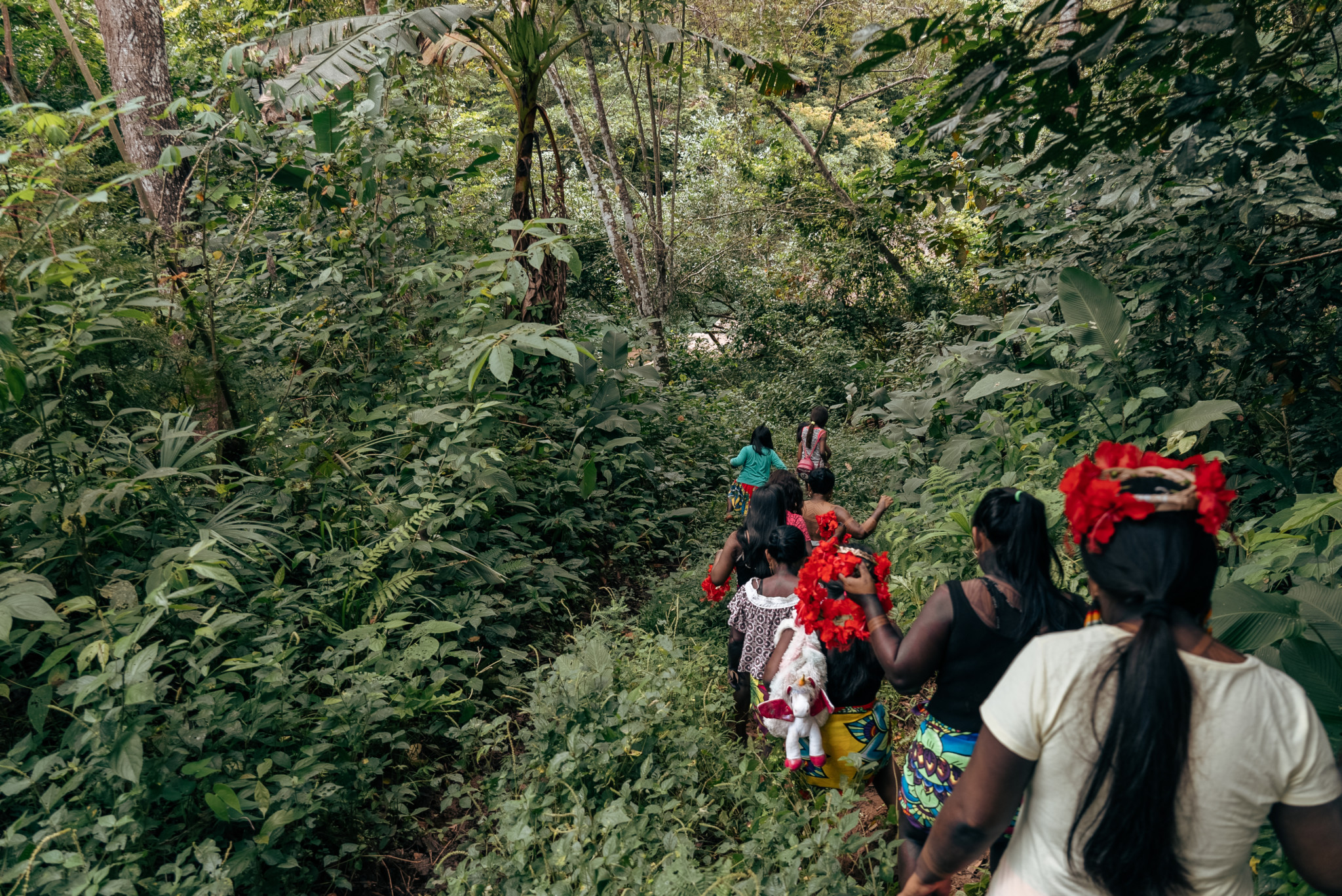The Nature Conservancy and TerraCarbon: New Scientific Collaboration to Build Trust and Transparency in REDD+ in Carbon Markets

Over the last several months, reporting about the legitimacy of REDD+ carbon credits has unsettled the carbon market and raised important questions. The discussion about how to best measure the impacts of REDD+ projects, which benefit the climate by reducing deforestation and its associated carbon pollution, is valuable and necessary.
A new scientific approach to calculating the carbon saving of avoided deforestation projects hopes to bolster confidence in REDD+ following claims of widespread over-crediting of the voluntary carbon market sector.
The Nature Conservancy (TNC) and advisory firm TerraCarbon have teamed up to launch a scientific collaboration that will test and compare REDD+ impact measurement approaches.
The key question for the scientific research will be to determine an accurate baseline calculation for how much deforestation would have occurred without the project.
Carbon markets must be grounded in strong science and continual improvement. Ultimately, all we can ask of these or any other climate solutions is that they follow best practices and the best available science today. To determine the impact of forest protection, carbon project developers must set a “baseline.” A “baseline” is the model of how much deforestation would have happened without the carbon project and can have a large impact on the total number of carbon credits awarded to a project.
Verra is currently working on a new consolidated methodology, due in the third quarter, to align project-specific REDD projects to nest within jurisdictions, widening the area covered and broadening the baseline remit.
The market currently has three different baseline approaches in play – reference region, synthetic control, and jurisdictional – TNC and TerraCarbon pointed out.
The Nature Conservancy’s Natural Climate Solutions science teams, as well as leading carbon markets and climate policy experts, will be working throughout 2023 with TerraCarbon and other scientists to test and compare these three different methods for measuring impacts of REDD+ projects.